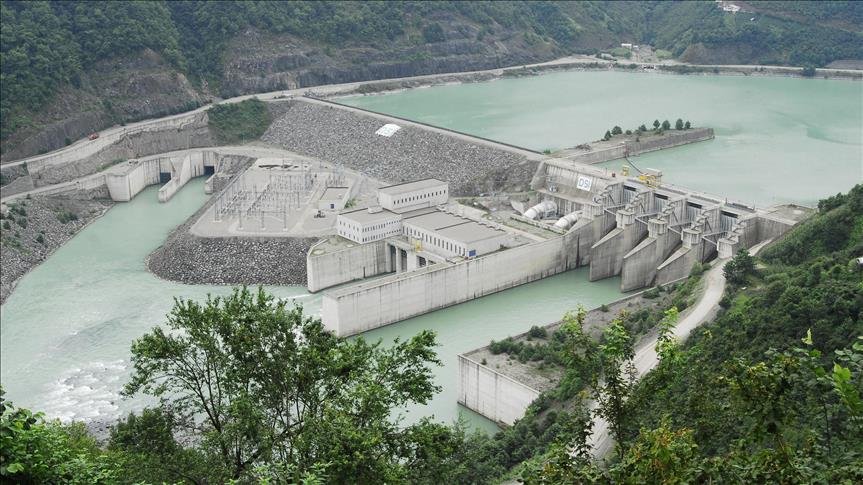Tanzania, 27 February 2024, (TDI): Tanzania’s Deputy Prime Minister and Minister of Energy, Dr. Doto Biteko, announced the operational commencement and launch of the Julius Nyerere Hydropower Plant (JNHPP) on February 25, 2024.
One of the nine turbines of the Julius Nyerere Hydropower Project was activated last Sunday with an initial supply of 235 megawatts to the national grid and the Deputy Prime Minister and Minister of Energy Doto Biteko was there to witness the historic moment. pic.twitter.com/vyx51E2mAs
— Chinese Embassy in Tanzania (@ChineseEmbTZ) February 27, 2024
On top of that, the project boasts a capacity of 2,115 megawatts. It began its operations by injecting 235 megawatts into Tanzania’s national grids. This significantly enhanced the country’s electricity supply, reducing shortages by over 85%.
Dr. Biteko revealed plans to further boost power generation. An additional 235 megawatts are set to be added to the grid by March 2024. This would bring the total injected capacity of Julius Nyerere Hydropower Station (JNHPP) to 470 megawatts.
Additionally, this will provide a surplus of 70 megawatts for the country. He acknowledged the late Dr. John Pombe Magufuli’s government for initiating the project in 2018.
Tanzania’s Minister of Water, Mr. Jumaa Aweso, provided insights into the water management aspects of the Julius Nyerere Hydropower Station (JNHPP).
Moreover, He focused on optimizing reservoir levels for electricity generation while maintaining ecological balance.
The Regional Commissioner of Pwani, Abubakar Kunenge, highlighted the strategic importance of the Julius Nyerere Hydropower Plant. In addition to this, he explained how the power plant drove industrialization and economic growth in the region.
The Julius Nyerere Hydropower Plant is the largest hydroelectric project in Tanzania and Africa. It is capable of producing 5,920 GWh of power annually.
The construction began in 2019 despite concerns raised by conservationists about its impact on wildlife and habitats in the Selous Game Reserve.
The government views the project as crucial for bolstering the power supply in a country where less than half of the population has access to electricity. Biteko assured that all hydroelectric projects will prioritize water sustainability.



